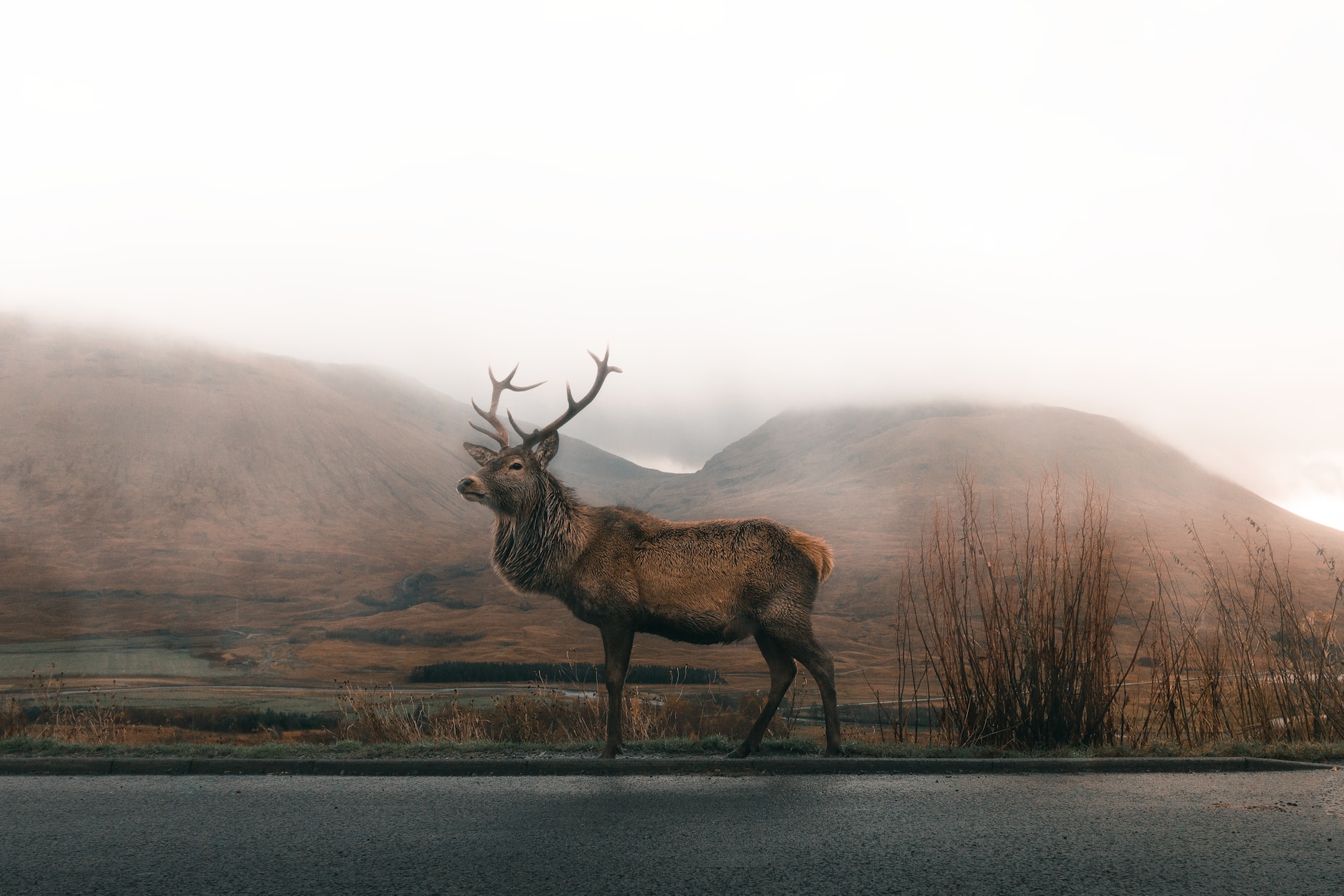Did you know that game laws and regulations can vary by state? Game conservation laws are in place to protect the natural habitat, animals, breeding populations, and even hunters. Laws may change based on the time of year, the location of your hunt, or other factors.
These regulations help ensure the quality and quantity of game animals for future generations to enjoy as well. Understanding these game conservation laws will help you as a hunter when it comes to planning your next trip. For some hunters, game conservation laws can be confusing and even frustrating because they seem so counterintuitive. However, these laws are in place for a reason and will ultimately make hunting more enjoyable in the long run. Read on to learn more about game conservation laws and how they affect hunters.
Contents
How Do Game Conservation Laws Affect Hunters
Hunting is a hugely popular sport that brings in billions of dollars each year. However, many people overlook the fact that it is also a renewable resource that requires careful management. For example, imagine if no regulations existed and hunters were allowed to kill as many animals as they wanted.
This could dramatically decrease the overall population of a certain species. This could cause a large drop in the number of animals available for hunting in the future. Hunting is a pastime in which people of all ages, genders, and ethnicities can participate. However, game conservation laws help to ensure that the population of certain animals stays at a healthy level. This means that the number of animals available to hunt each year remains consistent.
Why Are There So Many Game Conservation Laws?
As previously mentioned, hunting is a renewable resource that requires careful management. To keep the population of certain animals at a healthy level, hunters must follow certain rules. These rules are game conservation laws. They vary by state and by the type of animal you want to hunt.
In addition to hunting, other activities take place on public lands where game animals reside. These activities might include camping, hiking, or even just visiting a nearby park. Activities like this have the potential to affect the breeding populations of the animals. Therefore, in order to preserve the breeding population, game conservation laws help to regulate a number of things. The laws dictate when the animals are in season, what weapons are allowed, and even what times of day you can hunt.
Public Hunting Areas and Wildlife Management Areas
When hunting on public lands, you may come across signs that designate an area as a wildlife management area (WMA). A WMA is a large area of public land for wildlife conservation. WMA’s often allow hunting, but they may also have their own set of rules.
These may include the weapons you are allowed to use, the hours hunting is permitted, and the number of certain animals you can kill. You can use the Internet to find information about public hunting areas in your state. While the rules of each WMA may vary, they will likely have a website that provides information about hunting regulations.
Hunting Seasons and Other Rules for Hunters
Hunting seasons are a common aspect of game conservation laws. They are when the hunting of a specific type of animal is permitted. Different animals have different hunting seasons that change based on the time of year. Hunting seasons can be dangerous for hikers and campers, especially if you do not know that hunting is going on in the area.
The law requires hunters to follow certain rules, such as wearing blaze-orange clothing or using a certain type of firearm. Hunters should be aware of seasonal hunting rules. They should also be aware of other rules. The rules include the hours hunting is permitted, the use of certain weapons, and the number of animals that can be killed.
Exceptions to the Rule
While hunting seasons are in effect, game conservation laws are temporarily lifted at certain times of the year. These are hunting exceptions. Hunters can shoot animals in certain circumstances outside of hunting seasons, such as when animals pose a danger to humans. This is a defense of property hunt. Some animals are protected throughout the year because they are endangered. However, there may be exceptions to protect crops or livestock. Hunters can also apply for special permits that allow them to hunt outside of hunting seasons.
Conclusion
Hunting is a pastime that people of all ages, genders, and ethnicities can enjoy. However, game conservation laws help to ensure that the population of certain animals stays at a healthy level. Hunters should be aware of game conservation laws if they want to hunt on public land. They should also be aware of the rules’ exceptions so they can hunt responsibly.




